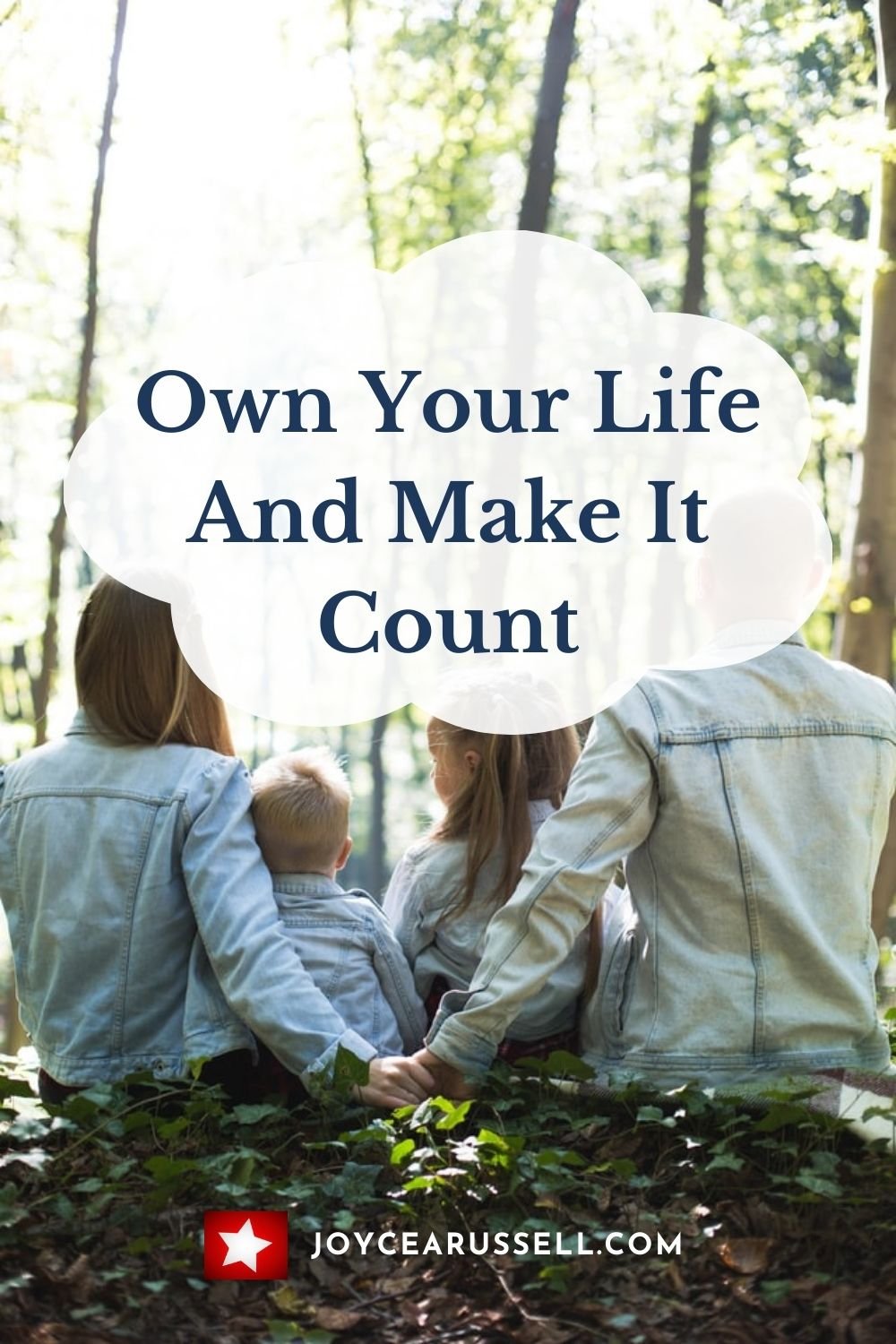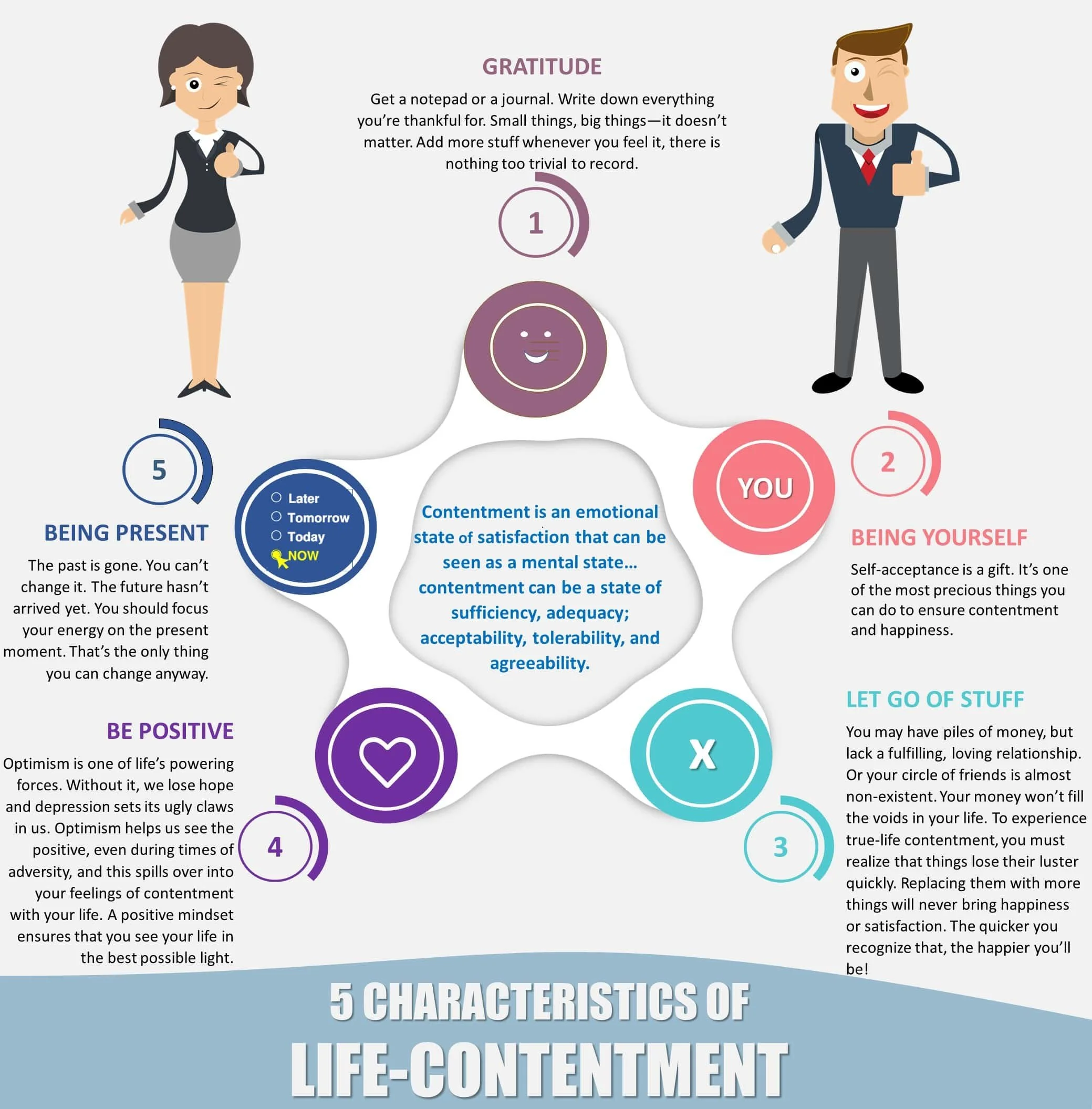Many people think of optimism as a belief system that always anticipates the best possible outcome to a situation. I am a born optimist; I am inclined to put a favorable construction on actions or events. But maybe, like many others, I just heard that things would work out, to look for the silver lining, and to keep my chin up. Now, while I feel a healthy dose of optimism is valuable, it’s also incomplete.
Practically speaking, things won’t always work out for the best no matter how much you hope they will. This is where a positive mindset comes to play with optimism. An optimistic person with a positive mindset believes that with some effort added the desired outcome can be assured and that packs a powerful punch.
Optimism, what is it?
Some people seem to be biologically more optimistic than others. Regardless of what fate tosses at them, they’re not beaten or angry. They don’t become bitter or remain downcast for long. So, what is it about someone who doesn’t become crushed by adversity?
Everyone has bad stuff happen in their life. It’s part of being human. But where some people feel devastated by events, others stay relatively cheerful through difficult times, even seriously bad times like job loss or going through a divorce. These people are optimists.
Optimism means seeing the best in every situation and expecting good things to happen regardless of what’s going on right now. Research shows that optimism can have a positive impact on all areas of your life, from strengthening the immune system to reducing your risk of anxiety and depression, even extending your life!
Optimists
• Don’t blame themselves when things go wrong
• Focus on the present and future, and don’t dwell on past hurts
• Expect good things to happen to them
• Believe they are responsible for their happiness
Change how you see things.
You might be thinking that optimism is innate: that you’re either an optimist or a pessimist. Jiminy Cricket or Eeyore. But optimism or pessimism is a product of your self-talk, how you respond to things, what you expect, and your self-image. The impressions we received back in early childhood influence this. Were you told you were selfish or lazy or no good at math? The judgments that you got about yourself and the world (whether it is a safe or dangerous place) shape your expectations into adulthood.
And because these opinions are not you, you can change them. You can reset your pessimistic outlook and become more optimistic by reframing your experiences. If something goes haywire, instead of dwelling on the failure and making it personal, try to be unbiased and analyze what happened. Begin with what you learned from the experience.
The power is yours to change how you see things. If you have tended to look on the gloomy side or feel that life is unfair, and you feel helpless, consider optimism as another skill you can learn. Optimism is a skill of emotional intelligence, a learned habit, and it’s a skill you can begin to develop right now.
Optimists don’t remain stuck in the past. If something doesn’t work out the way they thought it would, they move on, confident that success and abundance are just around the corner. Optimists are grateful for what is good in their lives now. They understand that there is more than enough to go around, and they recognize that the world is full of opportunities for everyone.
Positive actions to improve your mindset.
If you suffer from an absence of motivation, or stagnation in your life, it could be due to a lack of optimism. But if you lack focus or skills, what might be missing is a trained positive mindset.
You may feel like you haven’t grown or done as much as those around you. Perhaps you doubt your competency because you recently tried something, and it didn’t work out. Whatever your situation is, there’s nothing wrong with the feeling that you could do more if you knew more, if you don’t beat yourself up over it.
Begin with your self-talk.
The way you think and talk about yourself is paramount to a positive mindset. As humans, we lean into the negatives of life. It’s insidious and it creeps into every area of life, but that tendency is never more apparent than in trash-talk to yourself.
You know that words have power for good or bad. So make them good ones and positively affirm to yourself those things that you do well. You are kind to others, you are consistent, and you know who you are, so say it. Give yourself pats on the back regularly when you face and conquer a challenge or fear, or when you accomplish the goals you set for yourself.
Discover something new.
Learning new things can help to improve an existing mindset or become the basis for a new one. There are many ways to grow. From being a better person to enhancing your skillset at work.
Whether or not it is information that you might see as immediately practical, there’s a certain sense of achievement in realizing that you know something. It makes it easier to feel like a part of the conversation when you are socializing but it also may come in handy one day.
You may be skeptical that learning something new that you are passionate about can help you to feel a bit less like another face in the crowd. If so, join a club devoted to your passion, or just try to find some time on your own to do some reading and then find people that you can share your interest with.
Modify your perspective.
It’s an important action to modify your perspective. It doesn’t make much sense, but we see ourselves through the lens of how we believe others see us. How others think of you or see you is not as important as how you see and think of yourself.
You should be able to earn a sense of worthiness by taking notice of how far you’ve come in your journey or how close you are to your goal rather than comparing your speed or position to that of those around you. Everyone is different, and no one was born with all the answers, knowledge, experience, and skills that make them valuable in the positions that they forge for themselves later in life.
Volunteering can be a great positive action.
Volunteering is great for positivity for at least two main reasons. The first is that it can lend a sense of accomplishment and purpose. By volunteering, no matter what you do, you are giving your time and energy to help those who are less fortunate than you. Maybe you didn’t graduate at the top of your class or that last project at work didn’t go the way that you hoped, but every volunteer should feel that they are doing meaningful work and that their efforts are appreciated.
The other way that volunteering can improve your positivity is that it involves using your talents in a supportive and unique environment. Learning new skills or learning how to use your skills in new ways can both be great ways to discover or increase your potential in an environment that is likely to be more supportive and less judgmental than a school or work environment.
My final thought.
The degree to which you place the most importance on optimism or positivity is subjective. But I doubt anyone would dispute that a positive mindset and optimistic outlook in tandem are more powerful than either are alone.
For more information, check out these posts.


















